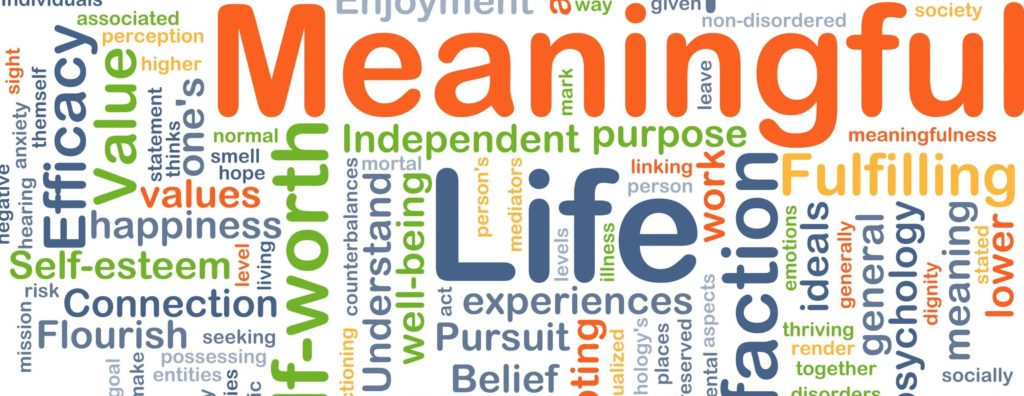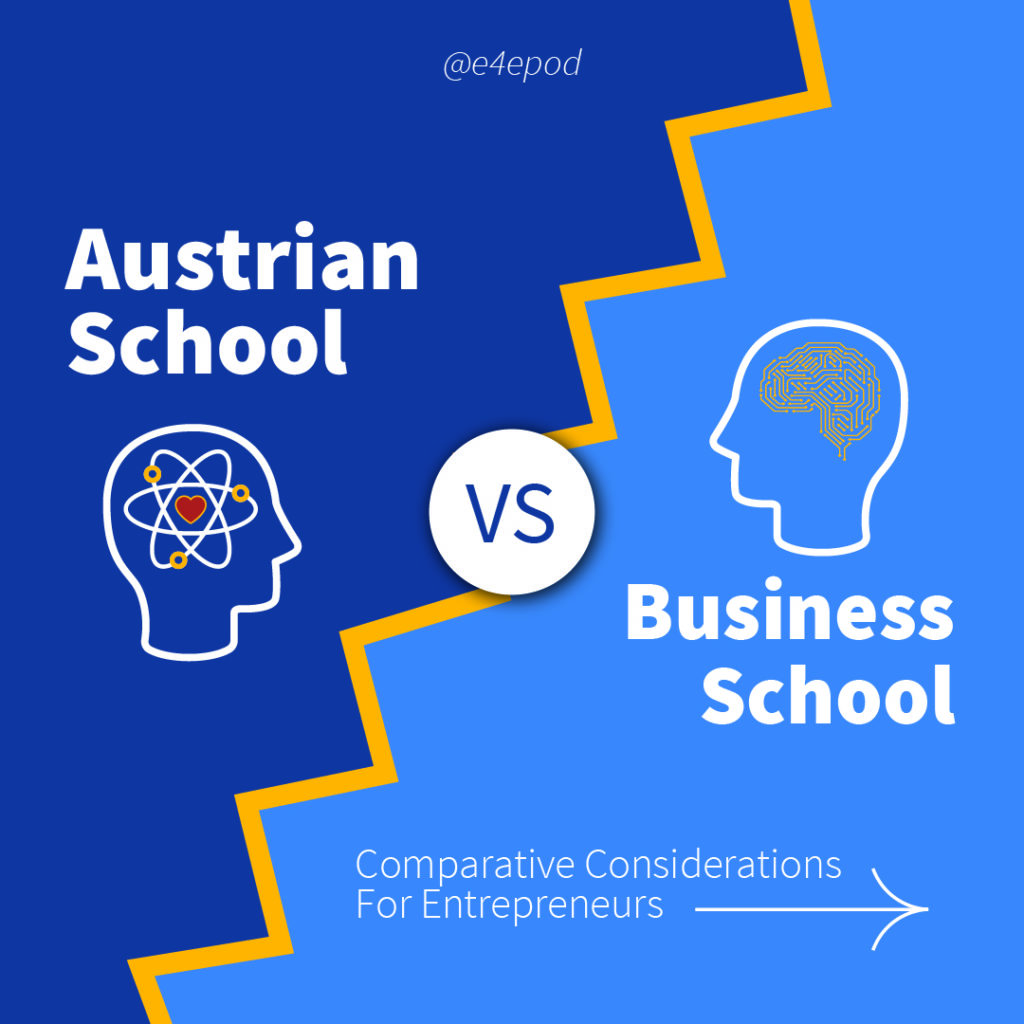Entrepreneurship Is The One Institution We Can Rely Upon To Maintain A Prosperous And Civil Society.

In this time of social unrest, Americans’ confidence in our institutions is in decline. A sample from Gallup’s frequent annual poll includes these selected comparisons between 2019 (latest available data) and 2000.
| % Confidence in Institutions (Great Deal + Quite a lot) | ||
| 2019 | 2000 | |
| Congress | 11 | 24 |
| Big business | 23 | 29 |
| Newspapers | 23 | 37 |
| Banks | 30 | 46 |
| Small Business | 68 | 57 |
Relatively few Americans declare confidence in political institutions, as represented by Congress. Roughly twice as many – but still less than a quarter of Americans – express more confidence in big business and banks. Newspapers, similarly, command only low levels of confidence. All the poll data from 2019 are lower than those from 2000, indicating across-the-board declines of confidence in institutions in general.
The Institution Of Entrepreneurship
Except for small business. Two thirds of Americans declare confidence in this institution, and that number is higher than in 2000. We can easily look beyond the structural definition of small business – which is, after all, defined by government statisticians gathering employment data – into the institution of entrepreneurship.
Entrepreneurs are those individuals who shoulder the task of making things better for the rest of society. They are society’s optimists. They recognize current conditions for what they are – and then imagine a future in which conditions are better. Then they sacrifice themselves to bring that future about, expending capital and labor now for the prospects of revenue in the future. That future is uncertain – entrepreneurs do not know if their initiative will be as well-received by customers as they hope it will. They press on anyway, their goals being discovery and achievement and making a difference, more than profit.
In this sense, entrepreneurs perform the kind of social function that is badly needed in a time of lost confidence in institutions. Having little time for the rear view mirror and gazing intently through the windshield at the road ahead, they substitute sanguine imagination for everyone else’s dissatisfaction and disappointment with the status quo. They don’t dwell on past injustices, as so many young people seem inclined to do today; they’d rather concentrate on what is possible in the future. When they see barriers they dismantle them.
Solving The Problems Of Others
Entrepreneurs are problem solvers – and the problems they solve are those that their fellow citizens (all potential customers) deem most pressing. If you’re looking for a solution to a problem, seek out an entrepreneur rather than an elected official or bureaucrat.
Entrepreneurs’ problem-solving technique combines empathy with rigorous cause-and-effect thinking. Empathy is the entrepreneur’s tool to understand why people – why society – feels a certain way. What does dissatisfaction stem from? Why do people feel uneasy the way they do? Entrepreneurs take society’s pulse and measure society’s level of pain. From this input, which is largely emotional, they try, as rigorously and logically as they can, to reverse-engineer a cause-and-effect chain. If dissatisfaction and pain are the outcomes, what are the causes? Entrepreneurs are not policy-makers like politicians, whose aim is to appease. They are obliging and accommodating collaborators whose aim is to please.
Entrepreneurial Creativity
Entrepreneurship is a profoundly human, social and creative activity that changes our world for the better. In contrast to the destruction that our current social justice warriors seek to impose, entrepreneurs create new economic value via a transformative act of human imagination. Their ingenuity is limitless.
What are the entrepreneurial actions that result from this creative societal problem-solving disposition? Entrepreneurs start firms, grow businesses, research and introduce innovations, lower customers’ costs and increase customers’ convenience. Their guiding principle is that whatever customers want, customers can have. The responsibility to improve life is given to the customer, in that they are tasked with communicating, as clearly as possible, what needs to be done and what needs to be provided and what needs to be changed to make them feel better. Entrepreneurs put their own private property at risk to create customer benefits that add up to social benefits for all. The customer is sovereign in this exchange – what they want is what is produced. If they stop wanting it, entrepreneurial production ceases.
Contrast this with political action. Politicians put none of their own private property at risk. In fact, they steal property from some citizens, through taxation and debt (which is a tax on future citizens), in order to redistribute it in some new form to a different set of citizens. They appease one group of citizens with the property of another group. Where the entrepreneur’s collaborative deal with customers is win-win (entrepreneurs make profits when customers approve their initiatives), the politicians’ deal always involves loss. The politician achieves office when an opponent loses an election, and makes policy that imposes loss on some part of the population. Politicians deal in losses, entrepreneurs deal in benefits.
Individual Action, Social Benefits
Society would be happier and healthier if we turned to entrepreneurs for all our solutions, and to politicians solely to protect the system of private property and freedom of contract that makes entrepreneurship possible. It would be healthier still if we were to encourage the spirit of entrepreneurship in a larger group: the spirit of service to fellow-citizens through innovative technological problem-solving. The measure of success for this system is what historian and economist Deirdre McCloskey calls “trade-tested betterment”. What she means by that is the customer-determined improvement in the quality of life (i.e., betterment) validated by customers buying or not buying what entrepreneurs offer as potential solutions to their problems and their pain (i.e. trade-tested).
If those who protest and complain today were themselves to adopt the entrepreneurial spirit in their own lives, they would find that they could not only build better platforms for progress, but also introduce more purpose, meaning and autonomy into their own lives. The entrepreneurial life is purpose-driven (solving others’ problems), a source of meaning (solving problems is more meaningful than carrying protest signs or throwing rocks) and the ultimate autonomous lifestyle (discarding dependency on employment wages or welfare payments).
Entrepreneurship is an American institution. Every immigrant who ever came here brought an entrepreneurial spirit: life will be better for me and others if I escape from the limitations of my current situation and join this open, betterment-demanding, property-protecting, innovation-welcoming country and see what I can do. The institutions that grew up with our innovating immigrants and their offspring are now largely decayed and decrepit. But entrepreneurship is one institution that there is no need to abandon. In fact, it’s necessary that we revive it.







Responses